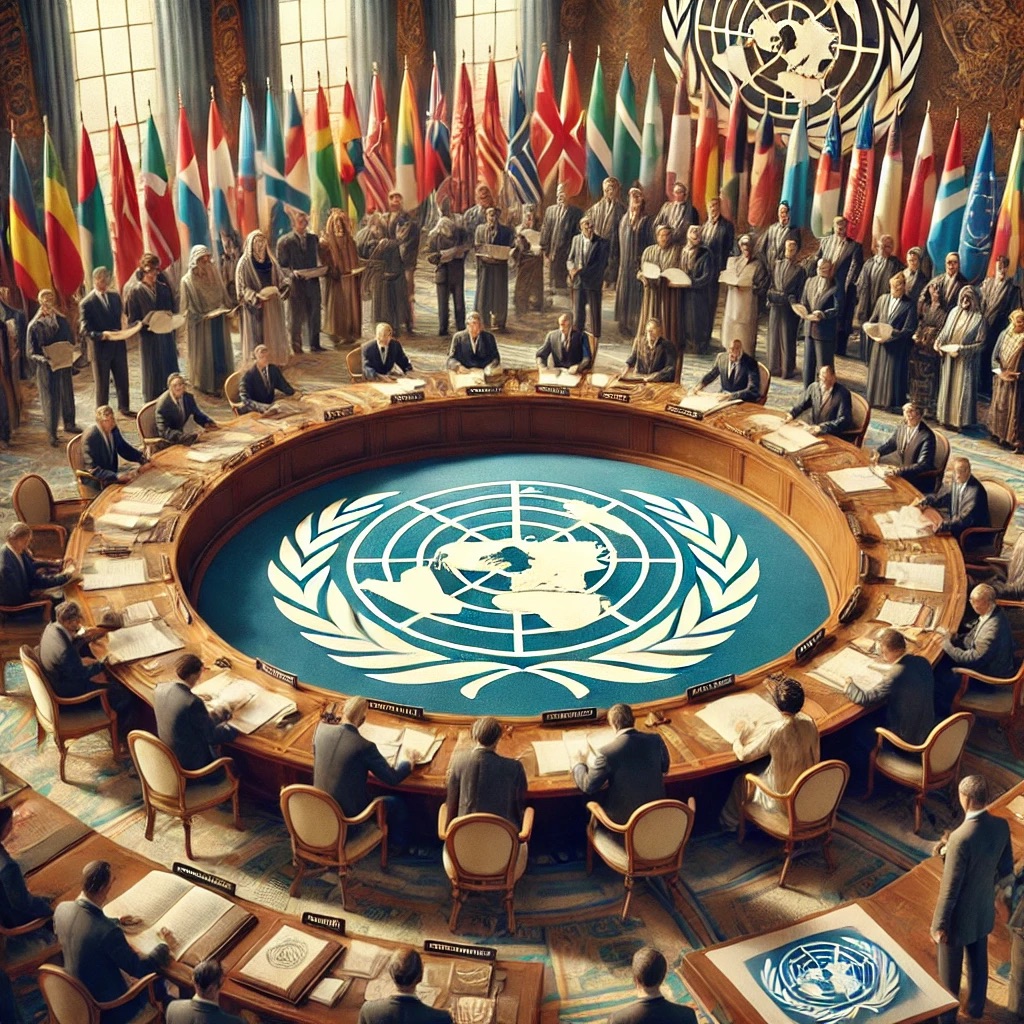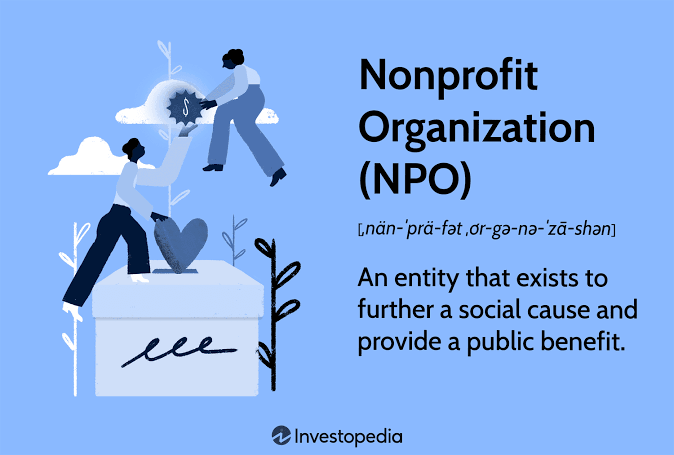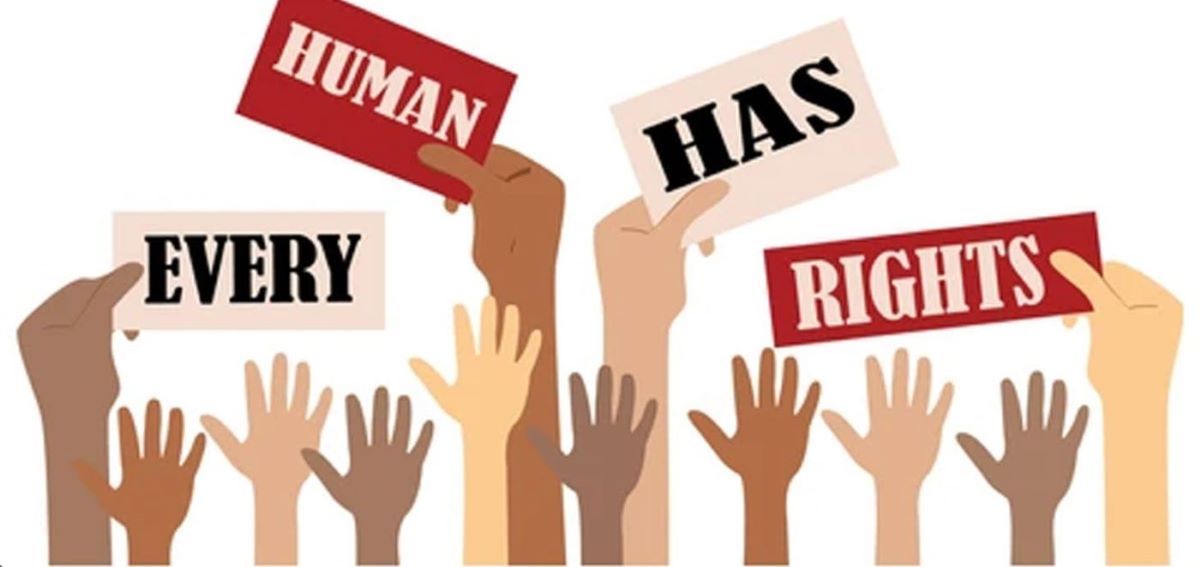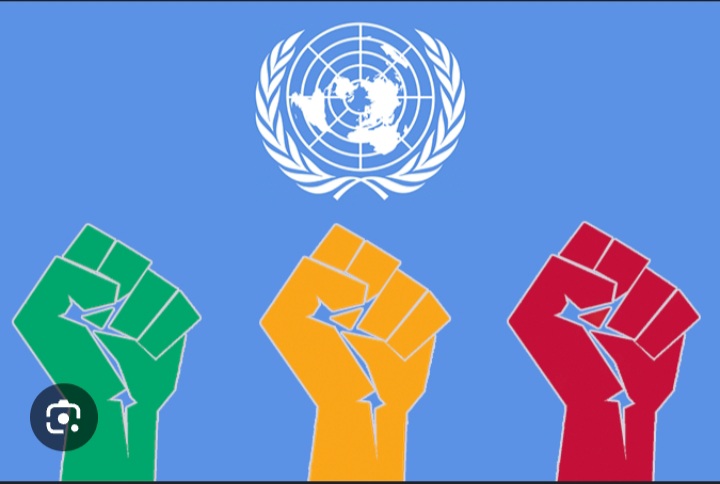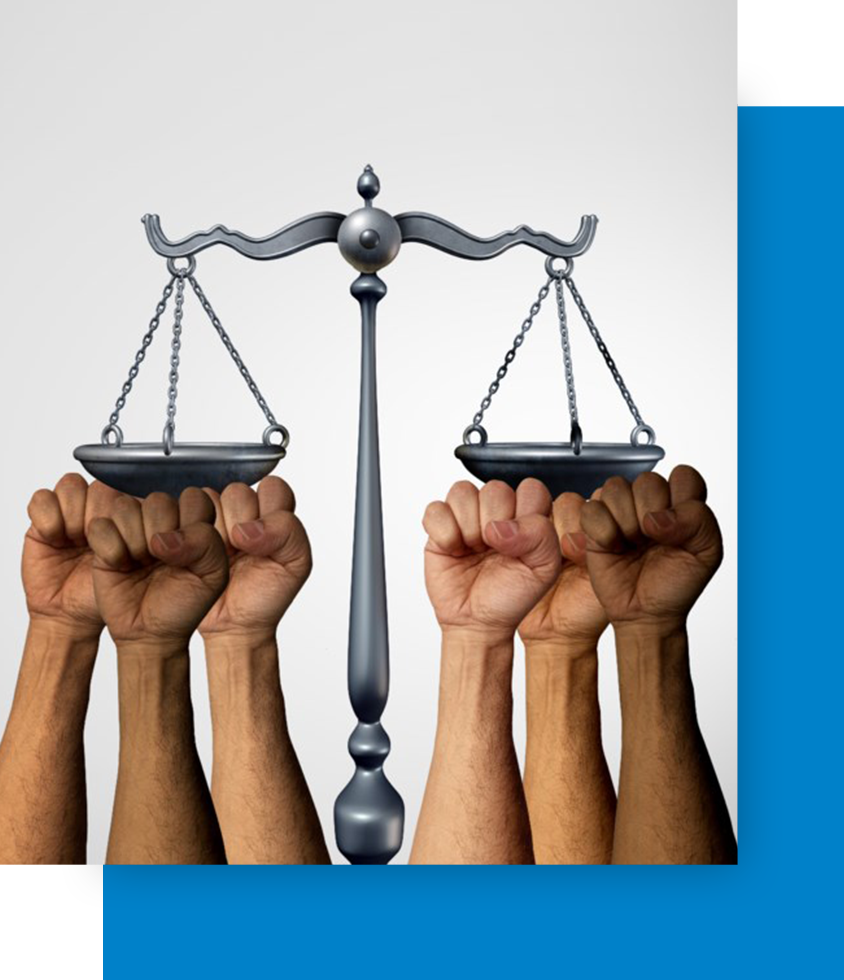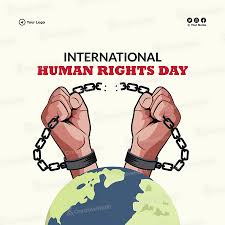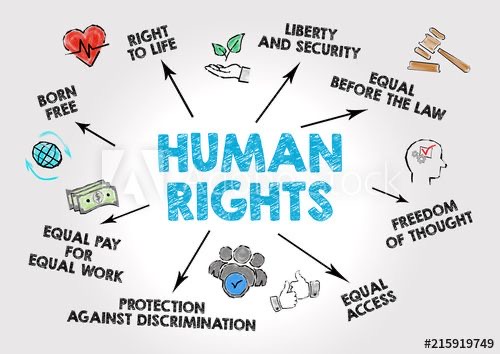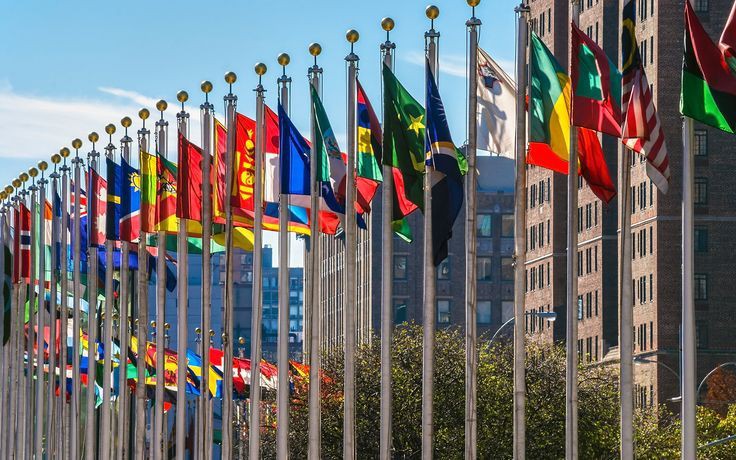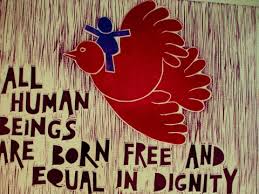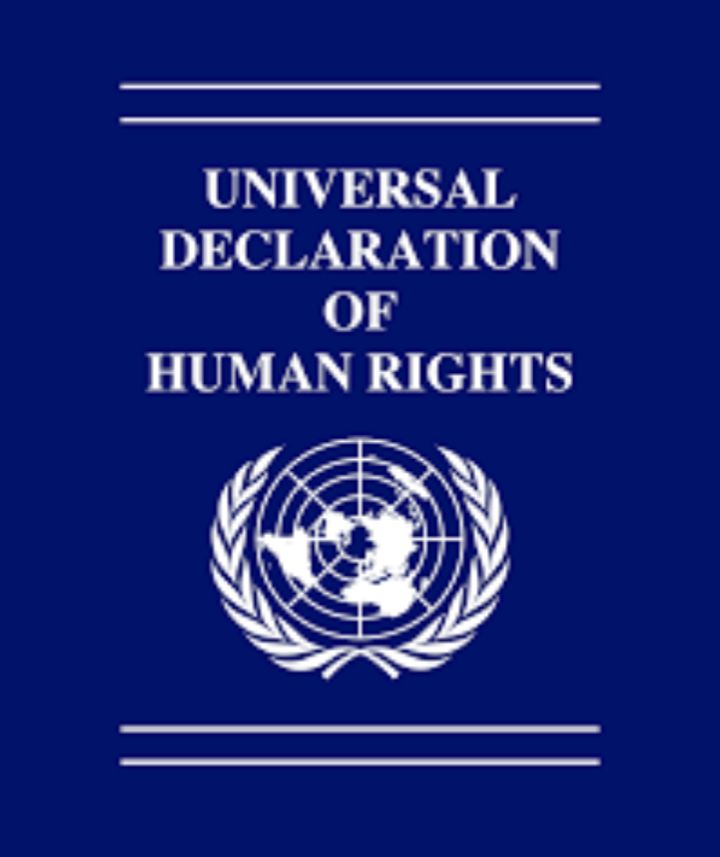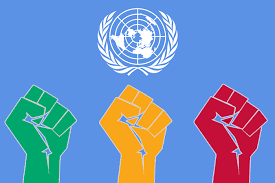
Introduction
Imagine a world where governments can't just do as they please, without regard for their citizens' well-being. That's where international human rights treaties come in - they're like a moral compass for nations, setting a global standard for protecting and promoting our fundamental rights. These treaties are crucial because they hold governments accountable for their actions and ensure that individuals can live with dignity. But, let's be real, they're not a magic wand. They face some tough challenges and limitations that can make it hard for them to truly make a difference.
International human rights accords have evolved over time, becoming more concentrated and specialized in terms of both the topic at hand and the socioeconomic groups identified as requiring protection. The body of international human rights law continues to expand, evolve, and elaborate on the fundamental rights and freedoms enshrined in the International Bill of Human Rights, addressing issues such as racial discrimination, torture, enforced disappearances, disabilities, and the rights of women, children, migrants, minorities, and indigenous peoples.
United Nations Treaty Bodies
Treaty bodies are committees of independent experts who monitor the implementation of United Nations (UN) human rights treaties across the signatories. They consider state reports on progress made to realise human rights under the treaty they monitor and issue authoritative interpretations (usually called General Comments or General Recommendations) on the status of states’ obligations under the treaty. Most treaty bodies can also review and make recommendations on complaints from individuals and groups where they feel that their rights under the treaty have been violated and they have been denied a remedy at the national level.
The International Human Rights Treaties include:
- The Universal Declaration of Human Rights (UDHR), 1948 is a foundational text that explains the fundamental rights and freedoms to which all humans are entitled. While not legally binding, it inspired countless future treaties.
- International Covenant of Civil and Political Rights (ICCPR), 1966: This treaty focuses on civil and political rights, including the right to life, freedom from torture, freedom of expression, and a fair trial.
- The International Covenant on Economic, Social, and Cultural Rights (ICESCR), 1966: is a treaty that tackles economic, social, and cultural rights such as the right to labor, education, and health.
- The 1984 Convention against Torture and Other Cruel, Inhuman, or humiliating Treatment or Punishment bans torture and other forms of cruel, inhumane, or humiliating treatment or punishment.
- The 1989 Convention on the Rights of the Child is a treaty that especially addresses children's rights, such as the right to education, health, and protection from abuse.
- The 1979 Convention on the Elimination of All Forms of Discrimination Against Women promotes gender equality and forbids discrimination against women.
Challenges of The International Human Right Treaties
Although they have difficulties, international human rights accords are like a pledge to defend our basic rights. It is a fact that several nations are reluctant to completely abide by these treaties due to worries about national sovereignty. They seem to be saying, "We want to do things our way, free from outside intervention i.e. without interference." However, this opposition has seen to lessen the effect of human rights legislation.
Another problem with many treaties is that they have no real power to compel governments to abide by them. It is comparable to having an uncooperative referee.
Some governments also pick and choose which accords to sign, or include caveats that weaken their commitments. They seem to be attempting to have it both ways.
Even when countries join up, there is frequently a mismatch between what they promise and what they really do. Lack of political will, money, or even corruption can all impede progress.
Finally, some countries argue that certain rights don't fit with their cultural or religious values. It's like they're saying, "Human rights are great, but not for us." But here's the thing - human rights are meant to be universal, not optional.
Conclusion
International human rights treaties serve as the foundation of the global human rights regime, establishing rules and norms for the protection of human dignity around the world. While they have had a considerable impact on both international and domestic human rights practices, they nevertheless confront serious obstacles, notably in terms of enforcement and implementation. Continued efforts are required to enhance these treaties, assure universal compliance, and close the continuing gaps between international human rights rules and reality on the ground.
